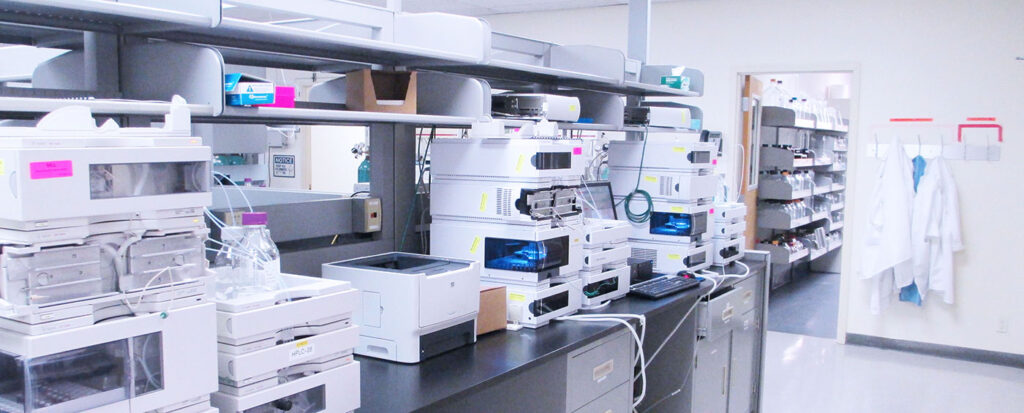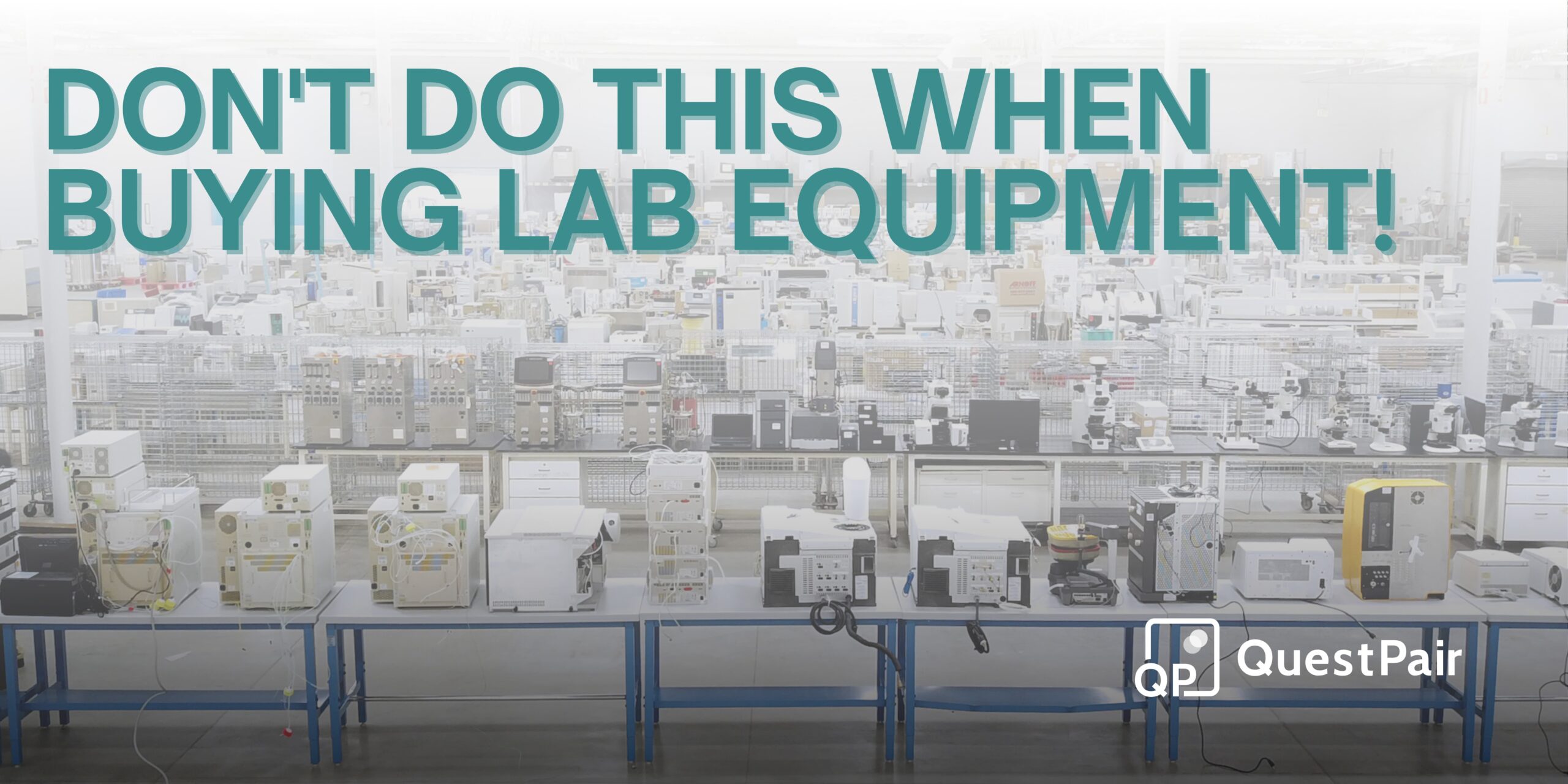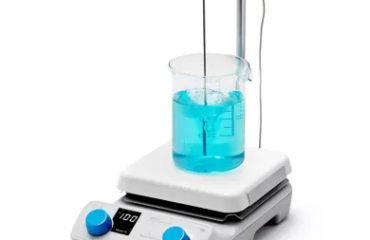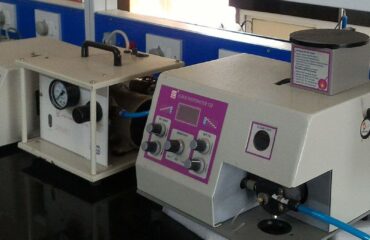As laboratory equipment becomes more accessible through online platforms, research institutions and labs benefit from a broader range of options for their needs. However, purchasing lab equipment online also comes with challenges. Ensuring the quality, reliability, and legitimacy of the products is critical. This blog highlights the most common mistakes made when buying lab equipment online and offers expert advice to help you avoid scams, poor-quality products, or unsuitable purchases.
1. Overlooking Equipment Specifications
One of the most common mistakes when purchasing lab equipment online is neglecting to thoroughly examine the technical specifications of the product. Lab instruments are highly specialized, and even small differences in specifications can affect their suitability for your experiments. For example, a centrifuge with insufficient speed or capacity might limit the type of analyses you can perform.
What to Do: Carefully review all the technical details, including operating range, sensitivity, capacity, and compatibility with existing lab setups. Always compare these details against your requirements. For complex equipment, consider contacting the seller or manufacturer to clarify any doubts about the specifications.
2. Failing to Verify Seller Credibility
In the era of online marketplaces, not all sellers are created equal. A significant risk when purchasing lab equipment online is falling victim to unreliable vendors or worse, scams. Sellers may provide incomplete or misleading information about the condition, origin, or warranty of the equipment. Buying from an unverified seller could lead to receiving damaged or counterfeit equipment, which can result in costly downtime and subpar results in the lab.
What to Do: Before making a purchase, verify the seller’s credibility by checking customer reviews, testimonials, and ratings. You can look for reviews on Trustpilot Reviews: Experience the power of customer reviews or on Google Maps. Look for sellers that specialize in laboratory equipment and have a history of successful transactions. Reputable platforms typically provide seller verification processes, and QuestPair, for example, works only with verified sellers, ensuring quality and reliability for all its products.
3. Not Considering Equipment Condition: New, Used, or Refurbished
Lab equipment is available in various conditions: new, used, or refurbished. Failing to assess the condition of the equipment you’re purchasing can lead to overspending or buying products that don’t perform as expected. New equipment is typically the most reliable but can be expensive. Used or refurbished equipment is often more affordable, but its performance and lifespan depend on the previous usage and the quality of the refurbishment.
What to Do: If buying used or refurbished equipment, ensure that the seller provides detailed information about its condition, including how much the equipment has been used, any past repairs, and whether the equipment has been calibrated and tested. Request a service report and warranty information. Many platforms, including QuestPair, offer warranties and guarantees on second-hand equipment, ensuring it meets performance standards before being listed.

4. Ignoring After-Sales Support and Warranty Information
Purchasing lab equipment without considering the after-sales support can lead to significant issues later on. Lab equipment often requires regular maintenance, calibration, and potential repairs. Without adequate support from the vendor or manufacturer, labs may face extended downtimes or additional expenses.
What to Do: Before finalizing a purchase, ensure the equipment comes with a warranty, and confirm what kind of after-sales support is offered. Some sellers offer extended warranties, service contracts, or training on equipment use. These add-ons can save you time and money in the long run, especially for high-maintenance equipment like spectrometers or chromatography systems .
5. Overlooking Calibration and Certification
Certification and calibration are essential aspects of lab equipment, particularly in regulated environments. Whether you’re purchasing new or used equipment, it is vital to ensure that the devices have been properly calibrated and meet industry standards. Without proper certification, labs may fail audits, and results could be questioned or invalidated.
What to Do: Request calibration certificates and ensure the equipment complies with relevant industry standards (ISO, ASTM, etc.). Most reputable sellers of lab equipment, especially in regulated industries such as pharmaceuticals or food testing, provide calibration reports or documentation as part of the purchase process.

6. Misjudging Compatibility with Existing Lab Infrastructure
When buying lab equipment, especially sophisticated systems like liquid chromatography or mass spectrometry units, it is crucial to ensure compatibility with your current infrastructure. Some equipment may require specific power supplies, software, or laboratory conditions, such as air ventilation or humidity controls, that your lab may not have. I common problem we see occurring is forgetting about the differences in power outlets between continents.
What to Do: Always check the equipment’s infrastructure requirements, such as power, space, software, and environmental conditions. Confirm with the seller if the equipment needs additional accessories or adaptations to work effectively in your laboratory setting . Consider consulting with your lab manager or technical team to ensure smooth integration with existing systems.
7. Focusing Solely on Price
While cost is an essential factor in purchasing decisions, focusing solely on price without considering other critical factors can lead to poor-quality equipment. Cheap equipment may be tempting, but it can come with hidden costs, such as frequent repairs, replacements, or inaccurate results, which could harm your research.
What to Do: Evaluate the total cost of ownership, which includes the initial purchase price, maintenance costs, warranty, and potential downtime. It is better to invest in slightly more expensive, high-quality equipment from a trusted seller than to risk long-term losses with unreliable products. Consider platforms like QuestPair, which balance affordability with quality by offering high-grade, pre-owned lab equipment that is thoroughly inspected before listing .
Buying lab equipment online can offer a range of benefits, from cost savings to a wider variety of options. However, it also presents certain risks if not approached carefully. By avoiding these common mistakes you can make informed decisions that benefit your laboratory in the long run. Always prioritize quality, compatibility, and after-sales support to ensure that the equipment you purchase meets your lab’s unique requirements.
At QuestPair, we understand the challenges labs face when purchasing equipment online. We are committed to providing reliable, high-quality, second-hand lab equipment from verified sellers, ensuring both sustainability and exceptional performance. With the right approach and trusted partners, you can navigate the online lab equipment market with confidence and achieve great results for your research.





